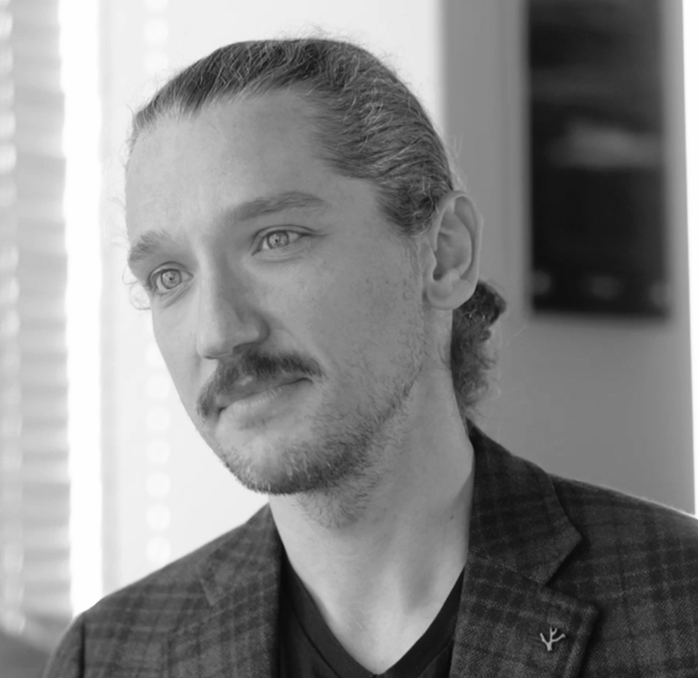Hans Gangeskar | Source | CEO at Overture Life

Hans Gangeskar
Hans Gangeskar has spent his career turning hidden barriers in healthcare into workable solutions. He practiced as an attorney in Washington DC, focused on intellectual property and technology transactions, where he learned how regulations can either hinder or enable innovation.
Drawn to startup culture, he moved to San Francisco to help scale a friend’s venture. His next step—co-founding NURX, an online birth control and HIV prevention service—pushed him to address everyday hurdles that women face in obtaining care. NURX grew from operating in a few states to delivering millions of prescriptions nationally, secured tens of millions in funding, and achieved a successful acquisition in 2022.
During his work at NURX, Gangeskar discovered that much of reproductive healthcare operates behind closed doors. Telemedicine solved some challenges, but IVF presented its own obstacles, especially in the embryology lab. Manual processes and scarce specialists drive up costs and exclude patients from timely treatment. In 2023, he joined Overture Life Life to tackle this problem directly.
At Overture Life Life, Gangeskar draws on his legal background, technology insight, and longstanding dedication to women’s health to automate IVF’s most critical steps, including egg freezing and embryo screening. By introducing robotics, microfluidics, and data analytics to embryology, clinics can reduce human error, raise success rates, and decrease repeated failed embryo transfers.
His vision builds on firsthand experience with the emotional toll that people endure when vital parts of care are overlooked. His roots in Norway, where universal health coverage is a norm, also inform his belief that new medical solutions should be widely available. Under his leadership, Overture Life Life has rolled out DaVitri, an automated vitrification platform that has already improved metrics in multiple clinics across Latin America and Europe. Trials on more than 900 human oocytes reveal a 98.3 percent egg survival rate, a 65 percent blastocyst formation rate, and a 12 percent higher rate of viable embryos compared to manual processes.
Gangeskar’s ultimate goal is to spare families from repeated failed attempts that may cost thousands of dollars and cause emotional turmoil for those short on time. For him, IVF is more than a technical question—it is about offering hopeful parents a fair chance to grow a family. The stress, anxiety, and setbacks that fertility patients face underscore his determination to transform embryology labs everywhere.
-
AI in Reproduction: Revisiting Familiar Ethical Questions
Hans argues that AI in baby creation revisits existing ethical issues, like selecting genetic material. He views AI's role in enhancing fertility success, such as Overture Life's ICSI robot, as ethical. While acknowledging potential misuse, he hasn't encountered unethical AI applications in reproduction. -
Egg Freezing: A Modern Approach to Preserving Fertility
Hans explains, "Egg freezing preserves eggs for future use," ideal between ages 25-35. More eggs increase pregnancy chances, but quality matters. Side effects include bloating and mood swings. Costs average $15,000, with some insurance coverage. Women under 38 with 20+ eggs have a 70% live birth chance. Egg freezing suits those not ready for children now. -
IVF Mix-Ups: How to Protect Yourself from Rare but Devastating Errors
Hans emphasizes that while IVF mix-ups are rare, they can occur due to "understaffing and human error." He advises choosing clinics with reputable embryology labs and directors, checking for witnessing systems, and scheduling procedures early. If a mix-up is suspected, contact the clinic immediately. These errors are nightmares for lab staff, who strive to prevent them.
